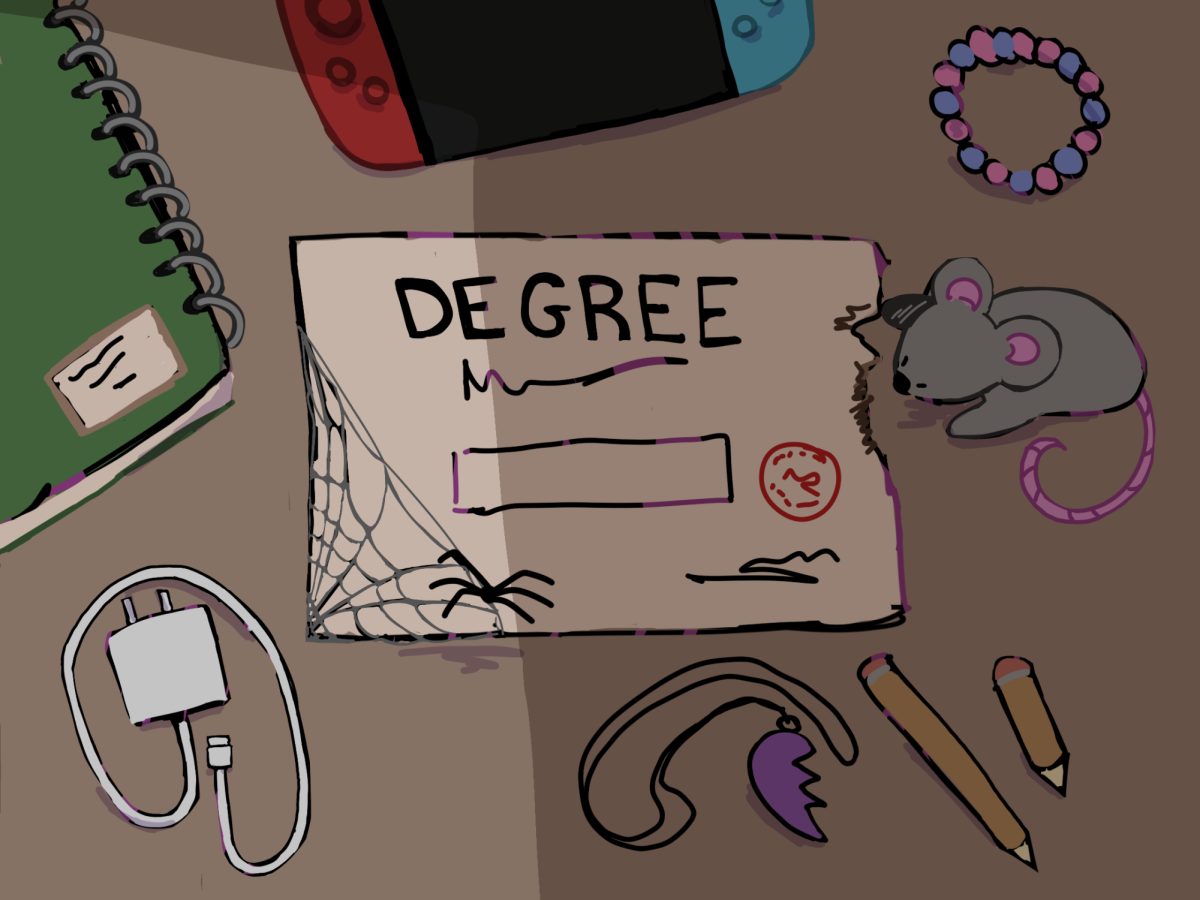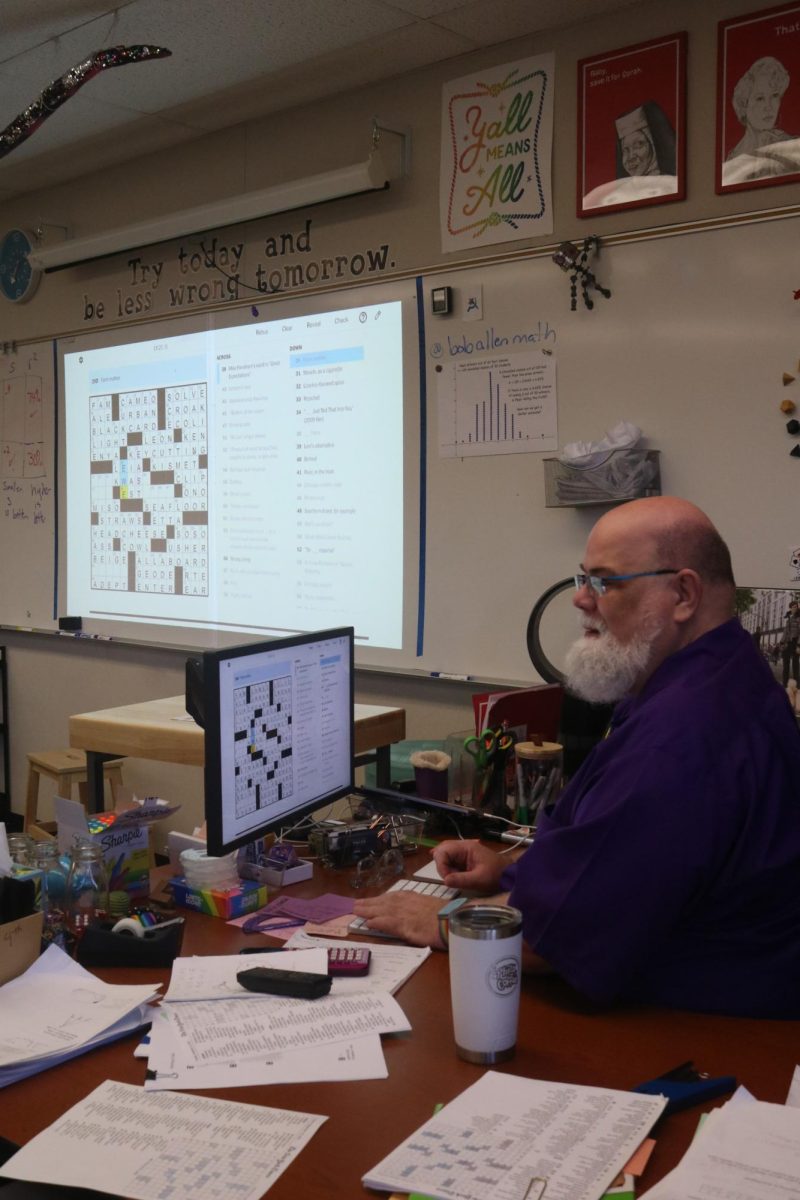As science, technology, engineering, and mathematics (STEM) careers increase in popularity, many students are tired of hearing their parents lecture them on the importance of school and getting a college degree to prove themselves in the corporate world.
But in the 21st century, are college degrees even as relevant as they used to be?
With student loan interest accumulating rapidly and unemployment rates rising, it’s difficult to see the hype around receiving a college education.
Right now, America is facing an influx of Artificial Intelligence, robots and media, and therefore is seeing an increase in computer science careers.
For many students, this seems like an interesting field to enter. But with the fast speeds that technology has evolved and developed, who knows what will be the next new thing in four or more years?
College courses are rigid and offer little flexibility when it comes to staying updated on new processes and shortcuts. Students looking to break into computer science positions should look no further than boot camps and online certification courses.
A coding boot camp is a rigorous, short-term program designed to teach individuals the technical and practical knowledge needed to break into a tech career.
According to Forbes, more than 57% of coding boot camp graduates secure jobs within six months.
Compare this to the years that college graduates wait to get a job that even slightly aligns with their course of study.
The cost of a coding boot camp can range from as low as $1,000 to as high as $9,500. Although the more expensive options may seem overpriced for an online program, the certifications obtained during this six-month stint can launch a recipient into a six or seven-figure-paying job.
Though working in the tech industry is mainstream, electricians and construction workers are just as important. For these careers, trade schools makes the most sense.
Trade or vocational schools are designed to teach practical skills, provide hands-on learning, and prepare students for work in particular industries. These types of schooling programs rarely last more than two years, and the experience gained is immediately applicable.
According to Intelligent.com, only 46% of college graduates work in their field of study. With a trade school diploma or certificate, a recipient can be assured they’ll get a job that aligns with what they studied.
This means an easier, intentional, and more focused job search.
But what if students are not looking to go into a corporate career, and instead finds themselves engaged and excited about the arts? Fields like the arts are mainly low-cost and easily accessible, because getting a college degree isn’t required to show your expertise, as much as just being good at what the task needed to do is. They allow people to make money from their own various talents rather than from pricey college degrees.
According to Career Explorer’s website, 61% of actors don’t have a college degree. Daniel Radcliffe and Emma Stone are just a few of the actors who have ditched the formalities of a degree to fully immerse themselves in their craft. I’d say both have done pretty well.
College is a lot of work, and after a grueling four years in high school, some people just don’t want to spend more time going to classes, dealing with grades, and fulfilling graduation requirements.
If a student knows that continuing down the schooling pathway is not for them, it is much better to get their diploma and go, rather than dropping out of college halfway through their journey.
This can save a lot of money and, most importantly, time so people can find out what they really want to do with their life.
A great use of this time is to start a business. According to Forbes, only 44% of all entrepreneurs have a college degree. This means that so many people have been able to create their own businesses with a basic high school diploma.
With this in mind, students can make informed decisions about their future after high school and take the time to consider if going to college is part of that.
Whether it’s enrolling in coding boot camps, attending trade schools, just ditching school and creating businesses, or joining an industry like the arts, it’s clear that one can still survive in this world without a college degree.










